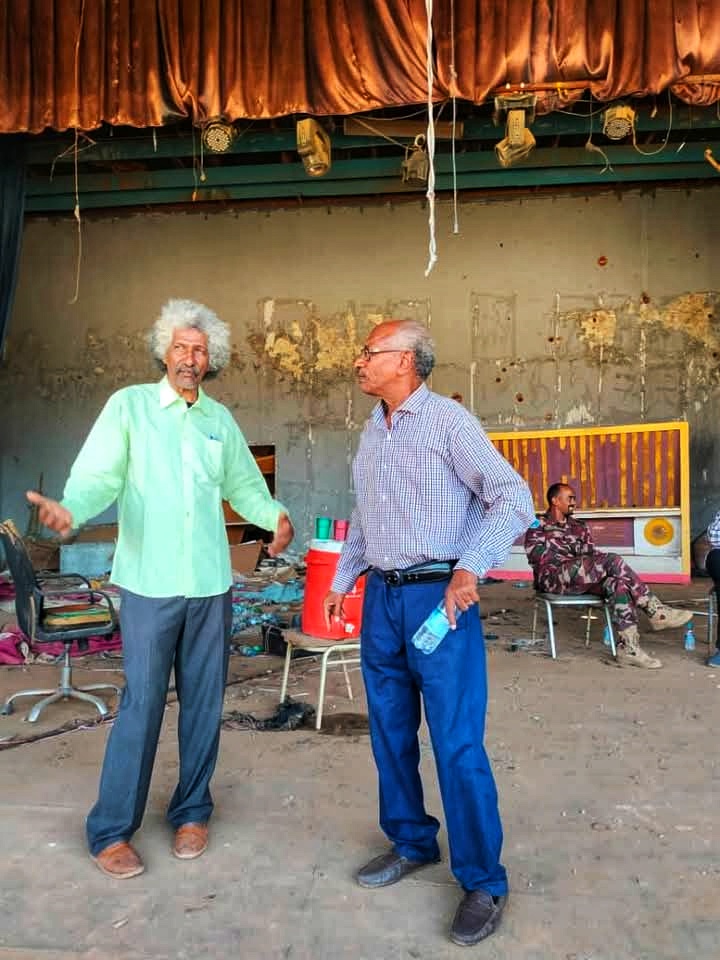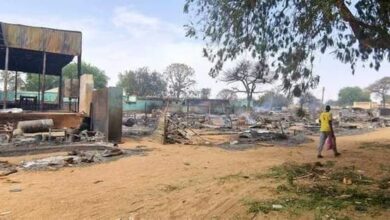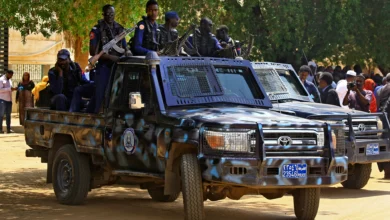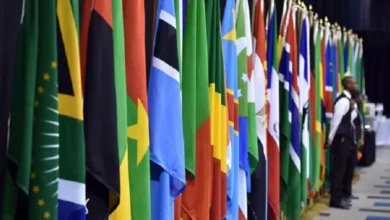
Despite the war that has gripped Sudan for over two years and cast a shadow over its artistic and cultural scene, a significant number of creative individuals have turned their backs on the raging conflict and its consequences by organizing artistic activities. They seek rays of light amidst the darkness, aiming to overcome sorrow and find hope for an end to the fighting and the return of stability.
Theaters in safe cities have witnessed a state of revival. Additionally, Sudanese groups have participated in international festivals in Tunisia, Egypt, and France. New productions in theater, music, and film have emerged, sparking optimism among many Sudanese about revitalizing and publicly expressing artistic energy as a bold and positive reaction to a grim reality.
Diverse Activities
The Union of Writers and Artists in Port Sudan, located in the east of the country, organized various events including theatrical performances, musical and folkloric nights, traditional dances, visual art exhibits, photography displays, cultural seminars, and activities for displaced persons in shelter centers.
In Gedaref, east of Khartoum, artistic movement flourished with cultural creativity evenings featuring national song competitions and tributes to local creative figures. The “Kordofan Arts Troupe” in El-Obeid, west of the capital, held performances and plays to reconnect youth with Sudan’s rich cultural heritage.
In this regard, Abdulrahman Al-Fatih, a member of the Sudanese musical group “Al-Asala,” stated, “The artistic momentum in some safe cities helps overcome the dark image imposed by the war and its harsh consequences, breaking scenes of destruction with diverse works that reflect the vibrant spectrum of human creativity.”
He added, “It has become rare for art to have a platform to express itself due to the bloody conflict and the dominance of gunfire over melodies and dance. Therefore, organizing events brings joy to sorrowful hearts and to streets haunted by fear and anxiety.”
Al-Fatih emphasized that “despite the bleak landscape, Sudanese people, who have always loved art, are yearning for works that express their deep longing for life—contributing through words, music, brushstrokes, and theater to halting the raging war that has consumed so much of their lives.”
International Participation
War, halted production institutions, and psychological pressures have not stopped Sudanese artists from taking part in international festivals. A Sudanese theater group even sold a car to participate in Tunisia’s “Carthage Theater Days” festival. The group included director Waleed Al-Alfi and artists Al-Hadi Al-Shawaf, Huda Mamoun, and Abdulrahman Al-Shibli.
Sudan also participated in the 45th edition of the Cairo International Film Festival in the “Horizons of Arab Cinema” competition with the film Madaniya, which chronicles the period between the ouster of former President Omar al-Bashir and the conflict between the army and the Rapid Support Forces (RSF). Additionally, five Sudanese short films were screened at the Aswan International Women Film Festival, including A Brick for Them by director Razan Mohammed, which highlights the experiences of women displaced from a refugee camp during the 2003 Darfur conflict, and Women of War by director Al-Qaddal Hassan, which explores the impact of war on women and memory in Sudan’s conflict-ridden Blue Nile State.
In this context, Sudanese actress and singer Eman Yousif—star of the film Goodbye Julia—stated, “This is the time for artists to express themselves and speak about the silenced issues, as well as the importance of producing new works.”
She added, “Wars and crises exhaust us psychologically, but they also give us the determination to pursue our dreams and ideas. There’s no alternative but to keep creating.” She noted that “this is the time for Sudanese youth, who once felt constrained, to unleash their creativity.”
International Performances
To showcase the aesthetic and cultural values of Sudan’s ancient kingdoms and introduce them to the world in innovative ways, a group of Sudanese theater artists performed at the Louvre Museum in Paris. Their presentation focused on royal costumes from the Christian Nubian Kingdom (6th to 14th century AD).
Performers took the stage one after the other, narrating the fabric, style, and historical context of each costume. The team included Abdul Monem Mahjoub, Lujain Abdul Monem, Abdul Raziq Rahma, and Moatasem Sayed Ahmed.
Meanwhile, art critic Haitham Al-Tayeb said, “Sudanese artists’ participation in international festivals under these conditions represents a bright image of the country in times of war. It sends a message of confidence and hope that Sudan will emerge from this dark tunnel and regain the glory and status it deserves among nations, thanks to its deeply rooted cultural heritage.”
He added, “The glimmer of hope lies in the fact that these artists created works inspired by armed conflict using the most limited resources—yet still made their mark in several international events, becoming a voice for all Sudanese.”




